Schaeffler Bio-Hybrid pedal-assist light electric vehicle
Schaeffler Bio-Hybrid GmbH has completed the first application trials with its Bio-Hybrid pedelec. The four-wheeled electric vehicle is scheduled to go into series production at the end of 2020. This LEV is set to make a name for itself in many disguises.
Schaeffler’s Bio-Hybrid was presented for the first time in Las Vegas at the CES. The German company’s micromobility solution is presumably called “hybrid” because it combines aspects of a bicycle and a car with several purpose-oriented variations in between. During the Bio-Hybrid’s test phase focus was placed on showing which different application scenarios are conceivable with the passenger and cargo versions of the pedelec in both city and on-campus areas.
The light electric vehicle is equipped with a roof and windscreen, is open at the sides, and will be available either with a second passenger seat, a box body with a capacity of 1,500 litres or as a pickup variant with an open cargo area. According to the manufacturer, the modular design of the cargo version also enables special applications, such as coffee bars or refrigerated trucks. Apart from such special applications, the Bio-Hybrid ergo can score particularly well in passenger transport, in factory and campus fleets and courier and parcel services.
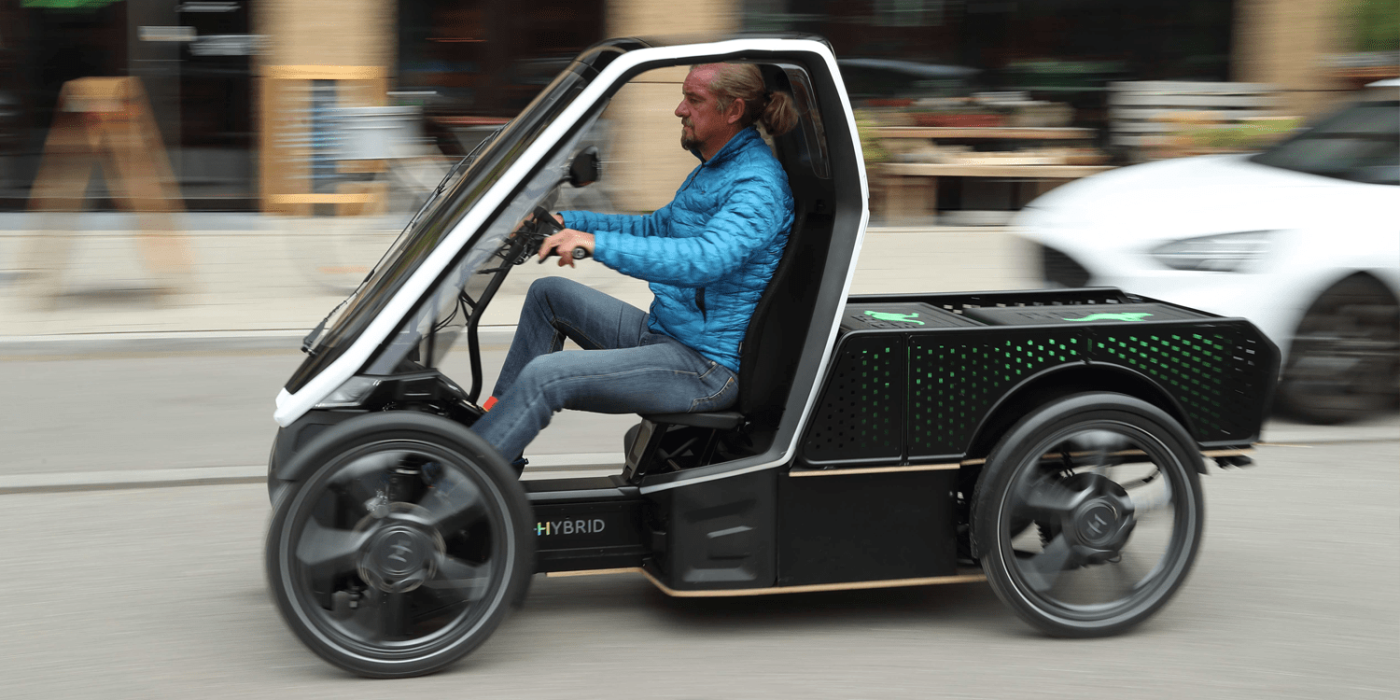
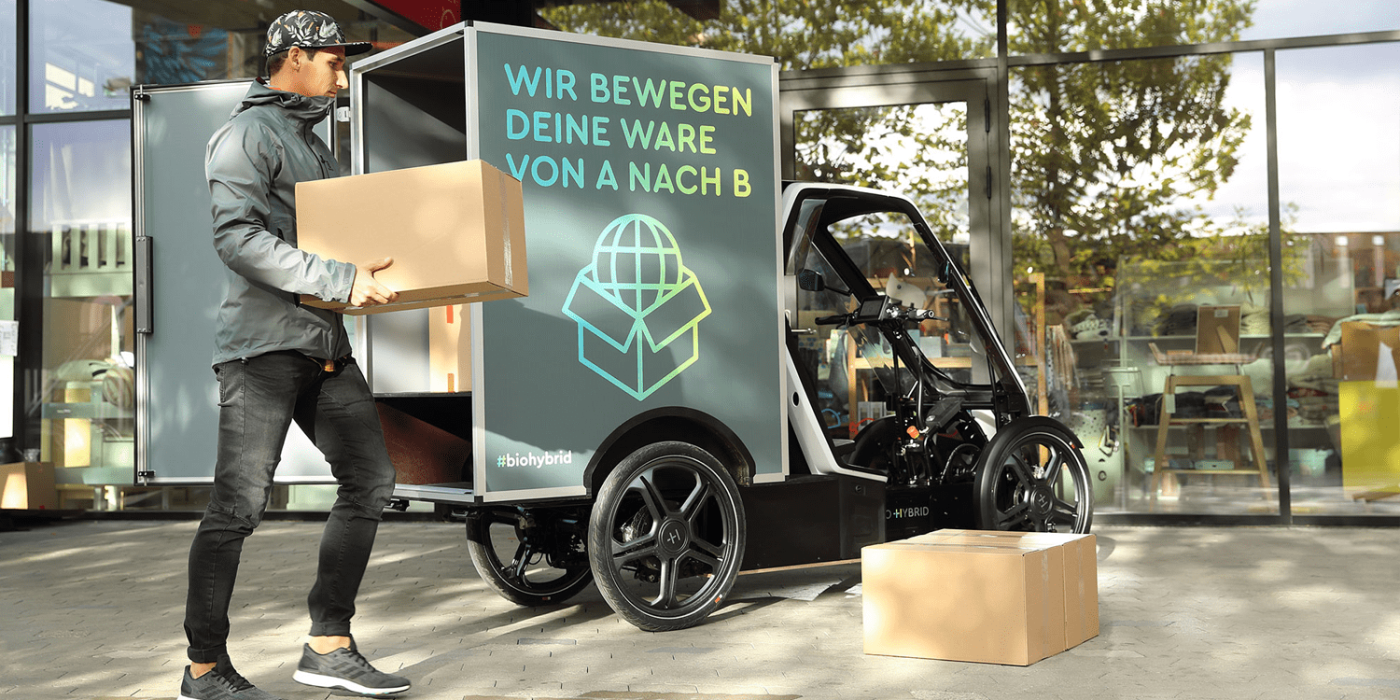
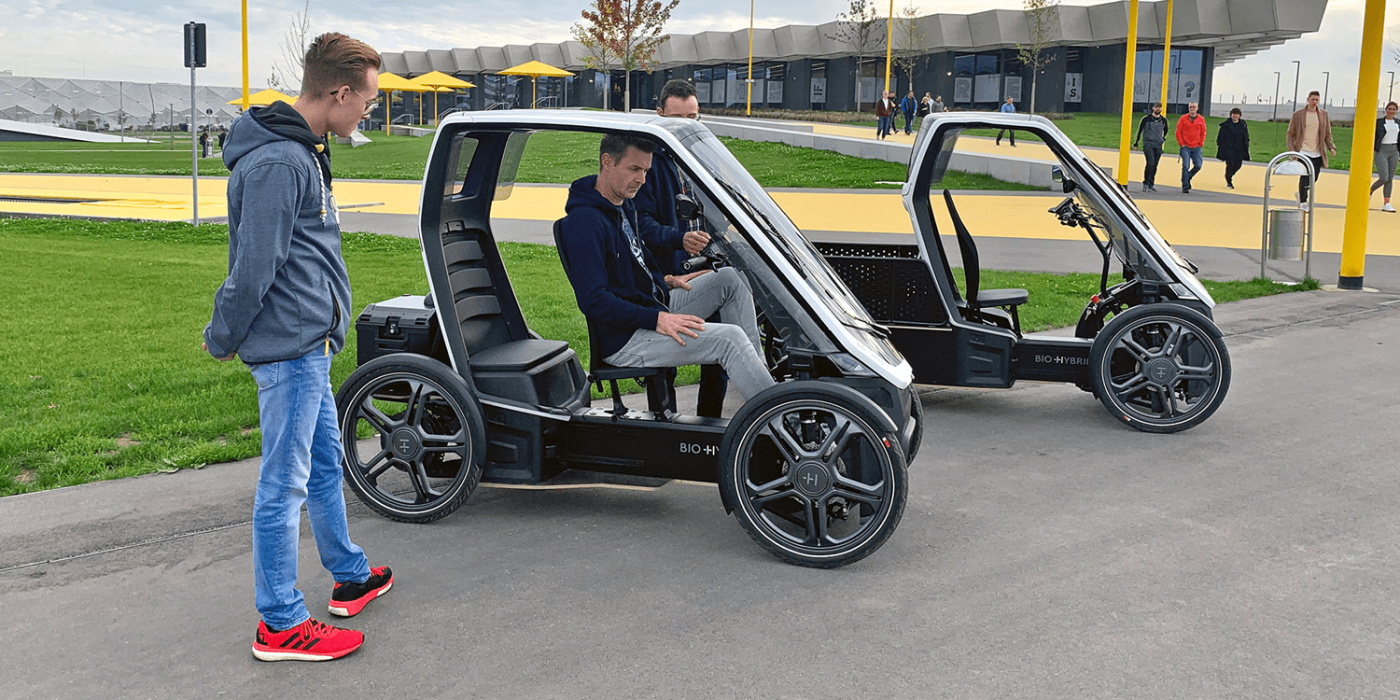
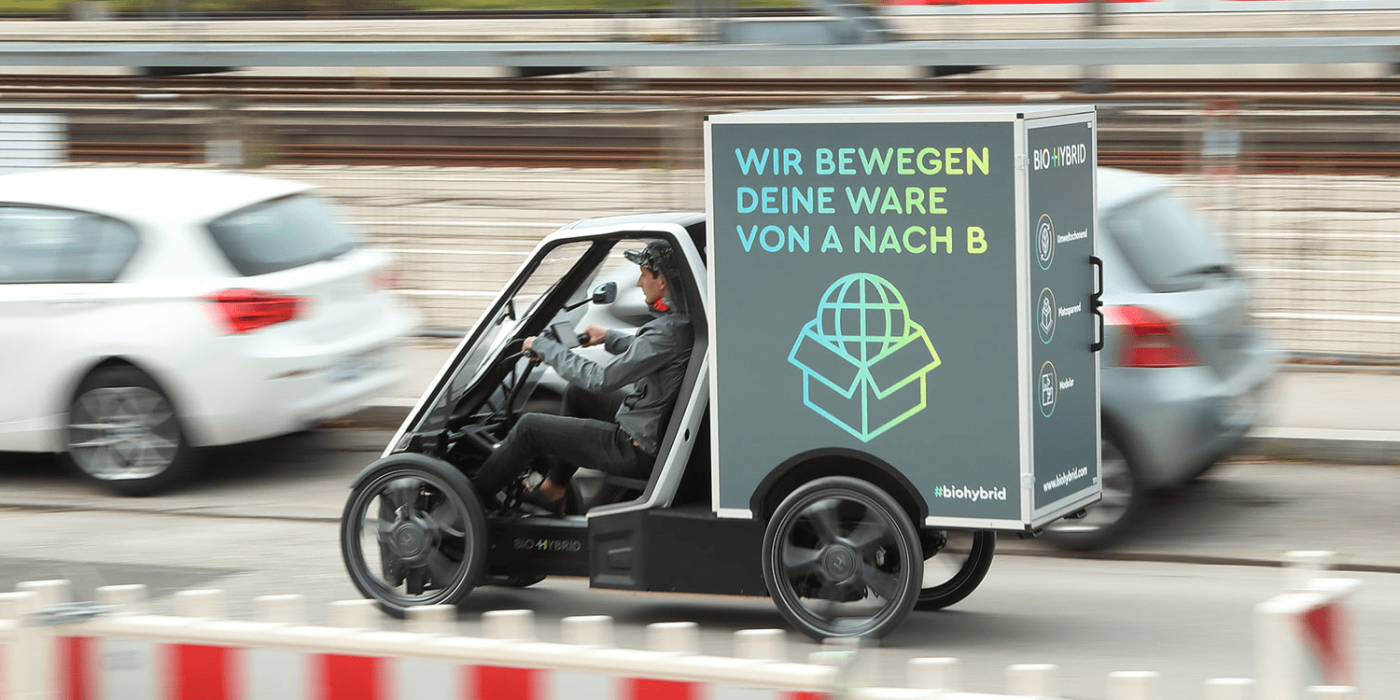
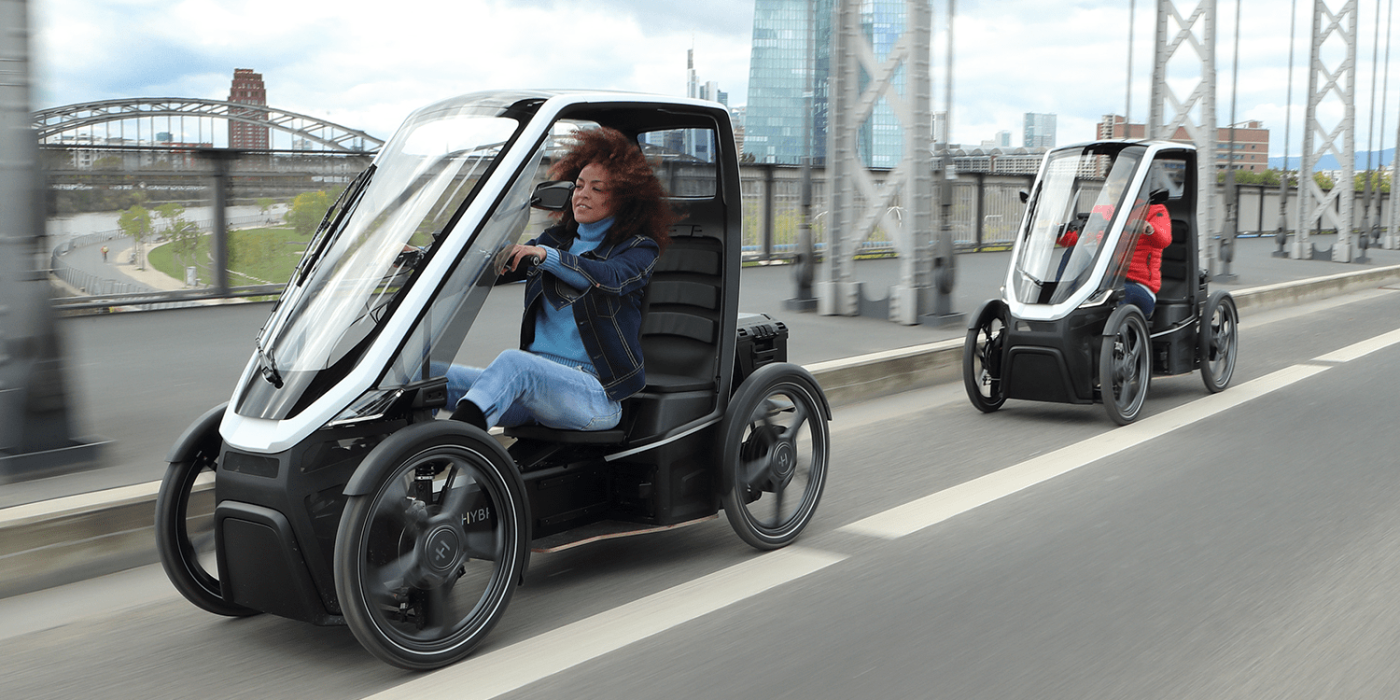
According to the Schaeffler subsidiary, the Bio-Hybrid manages with one-third of the parking space of a small car and does not require driving licences and permits in most countries. The electric drive supports users up to a speed of 25 km/h – just like an e-bike, or other micro-mobility solutions. As the company explains, the prototypes now being tested already have all the functions of the upcoming series models, such as an Internet-enabled operating concept including GPS. Unfortunately, detailed data on the vehicle’s electric drive and battery have still not been made public.
The German company Schaeffler Bio-Hybrid is a wholly-owned subsidiary of the Schaeffler Group and was founded at the end of 2017 and headquartered in Nuremberg. Within the Schaeffler Group, the subsidiary’s task is to develop the bio-hybrid to series maturity and bring it to market. “It works with the flexibility of a start-up company, but can draw on the entire technical expertise of the Schaeffler Group,” the company writes in their press release. Schaeffler had already presented a predecessor of the bio-hybrid in 2016 as a vision for individual transport in urban areas.


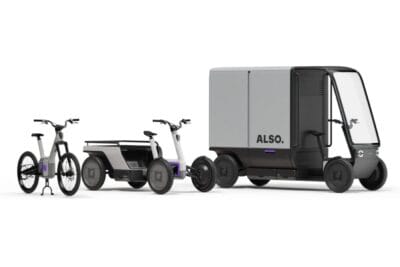
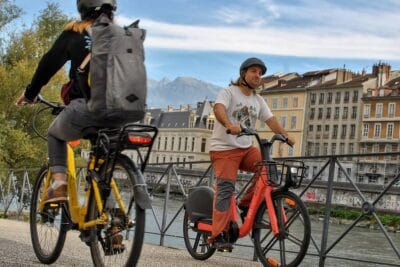
62 Comments